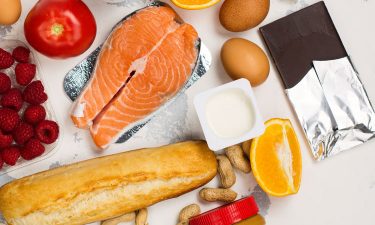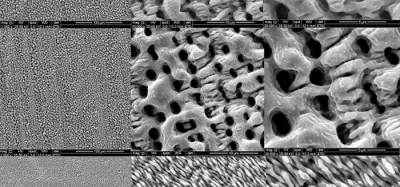US trade group push to remove coconuts from major allergen list
- Like
- Digg
- Del
- Tumblr
- VKontakte
- Buffer
- Love This
- Odnoklassniki
- Meneame
- Blogger
- Amazon
- Yahoo Mail
- Gmail
- AOL
- Newsvine
- HackerNews
- Evernote
- MySpace
- Mail.ru
- Viadeo
- Line
- Comments
- Yummly
- SMS
- Viber
- Telegram
- Subscribe
- Skype
- Facebook Messenger
- Kakao
- LiveJournal
- Yammer
- Edgar
- Fintel
- Mix
- Instapaper
- Copy Link
Posted: 13 September 2019 | Rachael Harper (New Food Magazine) | No comments yet
The Coconut Coalition of the Americas will be campaigning to the FDA to remove the coconut from its major allergens list.


The Coconut Coalition of the Americas has announced that it is spearheading the submission of a citizen petition (CP) requesting that the US Food and Drug Administration (FDA) revise the FALCPA Guidance Document to remove the coconut from the list of ‘tree nuts’ identified as a major food allergen.


The FDA has identified eight ‘major food allergens’ which include milk, eggs, fish and tree nuts among others.
The 2004 Food Allergen Labeling and Consumer Protection Act (FALCPA) requires foods to declare ‘major food allergens’. The FDA has said this act was passed to “help Americans avoid the health risks posed by food allergens” and that the “presence of unlabeled allergens presents a significant health hazard for food-allergic consumers. Allergic consumers rely on food labels to be complete, clear and accurate so that they can avoid exposure to foods or ingredients that can provoke potentially life-threatening reactions.”
The FDA has further said that there are actually over 160 foods identified to cause food allergies in sensitive individuals. However, the eight major food allergens identified by FALCPA account for over 90 percent of all documented food allergies in the US and represent the foods most likely to result in severe reactions.
These eight major food allergens are:
- Milk
- Egg
- Fish (eg bass, flounder, or cod)
- Crustacean shellfish (eg crab, lobster, or shrimp)
- Tree nuts (eg almonds, pecans, or walnuts)
- Wheat
- Peanuts
- Soybeans.
A subsequent 2006 FDA guidance document on FALCPA included a list of ingredients it identifies as ‘tree nuts’ which included the coconut.
The CAA has said this addition is “wrong” because the “coconut is not a tree nut (even though it grows on a tree and is referred to as a nut) and coconut is not a major food allergen.
“The Coconut Coalition of the Americas and its members are leading this charge,” the trade group continued. “[But] we need more help and more companies and even individuals involved.”
Related topics
Allergens, Food Safety, Packaging & Labelling, Regulation & Legislation
Related organisations
Coalition of the Americas (CAA), US Food and Drug Administration (FDA)









